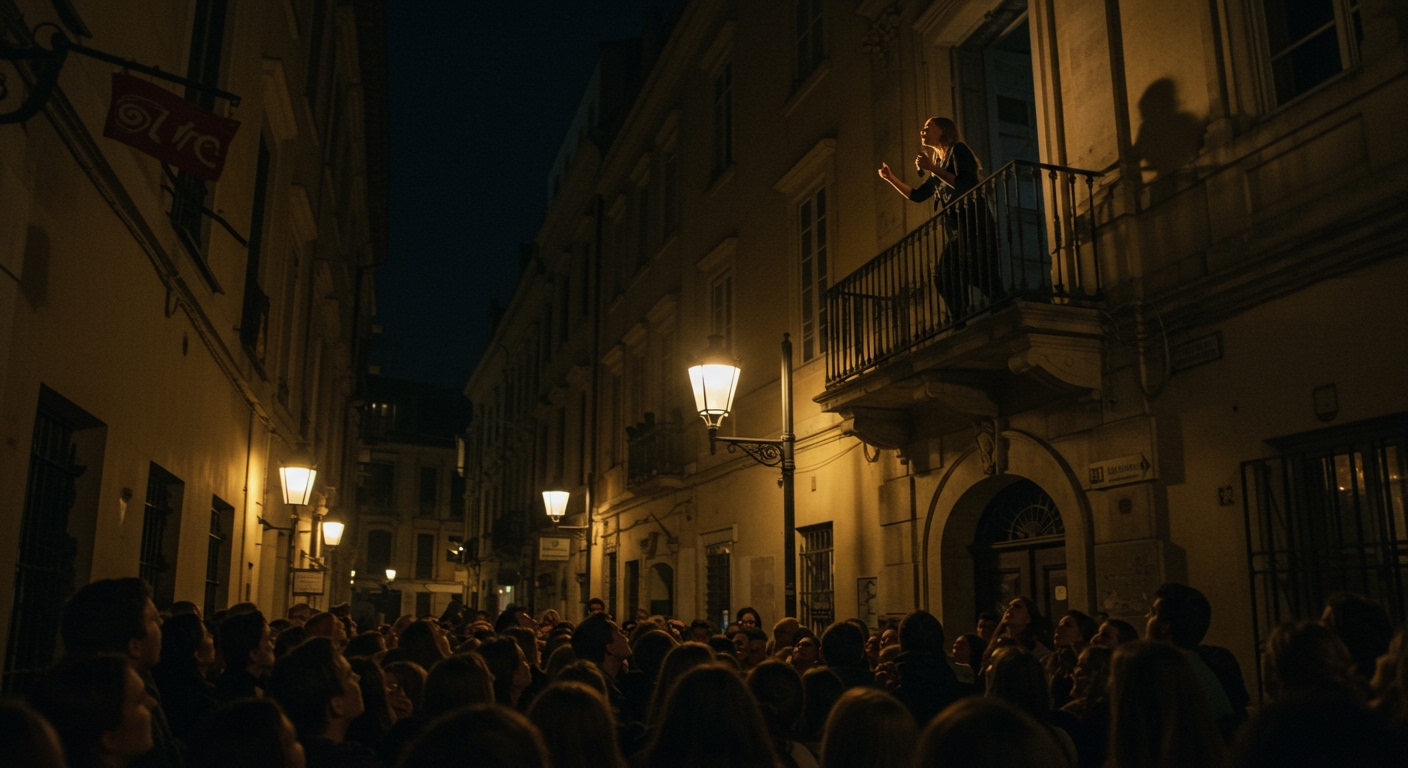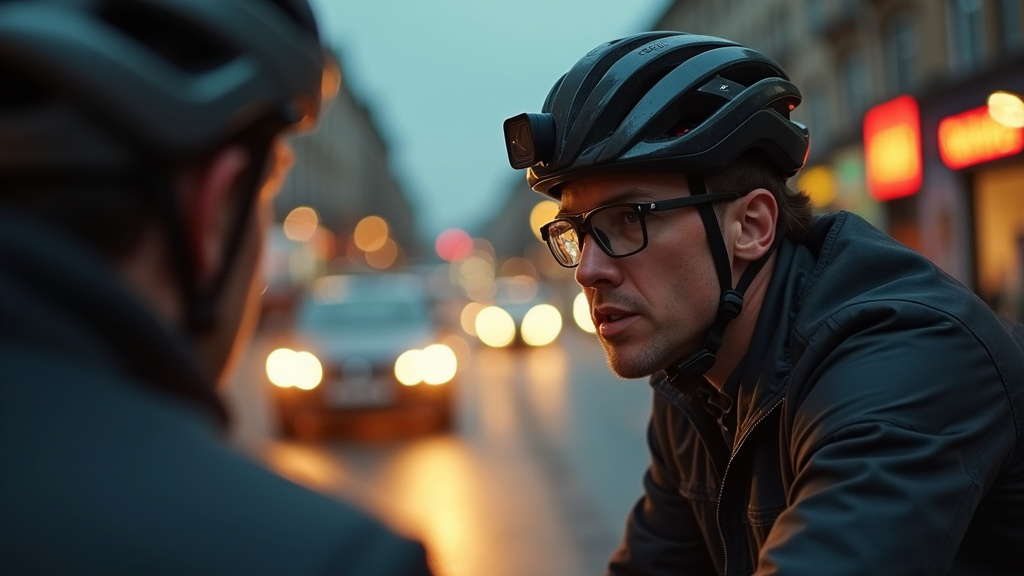London’s West End is currently home to a phenomenon that transcends the traditional proscenium arch, captivating audiences both ticketed and unticketed alike. The current production of the musical Evita, centered on the life of Eva Perón, Argentina’s first lady, at the storied Palladium theater, running through early September, is generating significant international buzz. However, this remarkable attention is largely focused on a singular event unfolding not on the stage, but outside the theater walls.
An Unconventional Curtain Call
Each evening, as the second act begins, star Rachel Zegler, portraying the titular Eva Perón, emerges onto a balcony high above the street. Around 9 p.m., a hush falls over the gathered crowds below as Zegler delivers a powerful rendition of the show’s signature and most iconic song, “Don’t Cry For Me Argentina.” This dramatic offstage performance has rapidly become the most talked-about moment of the London theatrical summer, drawing spectators by the hundreds to Argyll Street, the narrow thoroughfare adjacent to the Palladium, located next to a Five Guys restaurant.
The logistical arrangement for this unique spectacle required notable effort. Esteemed composer Andrew Lloyd Webber, who wrote the music for Evita, personally petitioned London authorities to permit the temporary closure of Argyll Street each night to safely accommodate the burgeoning crowds. The initiative highlights the extraordinary nature of the performance and its magnetic pull on the public.
Viral Fame and Critical Praise
The performance has not only captivated the physical crowds outside the theater but has also achieved massive digital reach. Videos capturing Zegler’s balcony solos have circulated widely across social media platforms, garnering millions of online views and contributing significantly to the production’s viral status. This digital ubiquity has amplified the event’s impact far beyond the confines of central London.
The critical reception from within the theatrical community has also been notably positive. Andrew Lloyd Webber himself has publicly lauded Zegler’s interpretation of the classic ballad, describing it as potentially the best he has ever heard. Such high praise from the song’s creator underscores the exceptional quality of the performance.
For those inside the Palladium with tickets to the show, the offstage moment is not missed. The balcony performance is livestreamed directly back into the theater, allowing the paying audience to witness the external spectacle and the public reaction simultaneously.
Bridging the Gap: Accessibility and Engagement
Beyond the theatrical innovation and viral success, the nightly balcony performance serves a significant purpose related to accessibility and community engagement. By offering a key, emotionally resonant moment of the production free of charge and open to the public, it provides an opportunity for individuals who may face financial barriers to attending live theater to nonetheless experience a part of a major West End production.
This approach fosters a broader connection between the arts and the public, turning a moment from a ticketed event into a shared communal experience. It transforms the street outside the theater into an impromptu performance space, democratizing access to a segment of high-profile theatrical art.
In summary, the Evita production at the Palladium has engineered an unlikely success story offstage. Rachel Zegler’s nightly balcony performance of “Don’t Cry For Me Argentina,” facilitated by specific logistical arrangements including the closure of Argyll Street, has become a cultural moment. Drawing massive crowds, achieving viral online fame, and earning critical acclaim from figures like Andrew Lloyd Webber, this unconventional performance underscores the evolving ways in which live theater can engage with the public, offering both artistic merit and enhanced accessibility.





